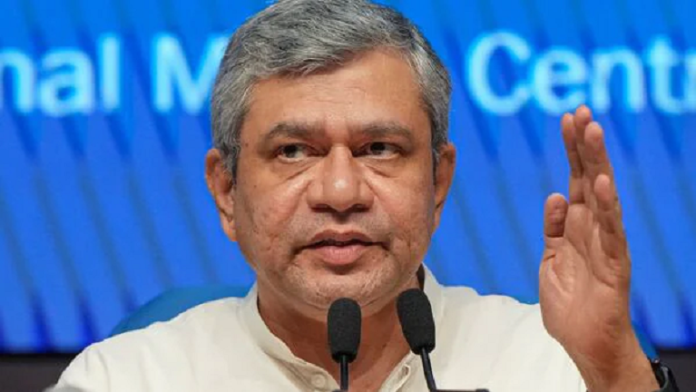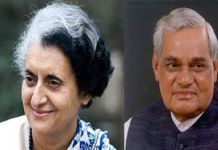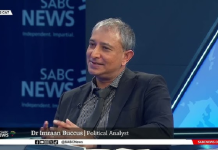In today’s fast-paced digital age, the landscape of political news is evolving rapidly. With the rise of social media platforms, the 24-hour news cycle, and increasing polarization, it’s becoming harder for people to discern what’s credible and what’s not. Political news trends in 2024 reflect broader shifts in global communication, public discourse, and democracy itself. Here’s an in-depth look at some of the most notable trends shaping the world of political news today.
1. The Rise of Social Media as a Primary News Source
Social media platforms like Twitter (now X), Facebook, and Instagram are no longer just spaces for personal interactions—they’ve become critical sources for political news and discussions. Politicians now use these platforms to announce policies, rally their supporters, and respond to current events.
Social media algorithms tend to push content that generates engagement, which often leads to sensationalism or misinformation spreading faster than factual reporting. This trend is making it harder for the average citizen to differentiate between legitimate news and “fake news.” In fact, studies show that false political information spreads six times faster than the truth on platforms like Twitter. As these platforms gain influence, traditional media outlets are grappling with how to maintain their role as trusted news sources.
2. The Growing Polarization of News Outlets
The political news space is becoming increasingly polarized, especially in nations like the United States and the UK. News outlets are often accused of bias, and consumers are flocking to media that align with their political beliefs, whether it’s conservative, liberal, or somewhere in between. Fox News, CNN, and MSNBC cater to different political ideologies, creating a feedback loop where people rarely encounter opinions or facts that challenge their worldviews.
This polarization is contributing to the rise of so-called “echo chambers” where people only consume news that confirms their pre-existing biases. The effect on political discourse is profound, as the public becomes more divided and less willing to engage in meaningful conversations with those who hold opposing viewpoints.
3. The Role of Data Analytics in Political Campaigns
Data analytics is revolutionizing political campaigns and how news is presented to the public. In elections around the world, political consultants are using big data to target voters more effectively. They analyze social media behavior, voting history, and even shopping habits to craft highly personalized campaign messages.
This shift is giving politicians the ability to micro-target specific demographics with tailored messaging. While this has made campaigns more efficient, it also raises ethical concerns about privacy and manipulation. The 2016 U.S. Presidential Election and the Cambridge Analytica scandal brought these issues to the forefront, revealing the dark side of political news manipulation.
4. Fact-Checking and Media Literacy
With the rise of misinformation and “fake news,” fact-checking has become more critical than ever. Numerous websites and organizations, such as FactCheck.org and Snopes, have emerged to help the public verify the information they consume. However, not everyone trusts these resources, especially when fact-checkers debunk information that supports their political beliefs.
Media literacy programs are another solution being promoted to help citizens navigate the complicated news landscape. These programs aim to teach people how to critically evaluate news sources, spot misinformation, and better understand the role of bias in reporting.
5. The Internationalization of Political News
Global political news is no longer confined to national borders. Events in one country can have immediate and profound effects on others, and international audiences are paying closer attention to global politics. For instance, geopolitical tensions, such as those between the U.S. and China, are closely watched by people across the world because of their economic and political ramifications.
International organizations and media outlets, such as the BBC and Al Jazeera, provide in-depth coverage of political issues from a global perspective. As a result, the flow of political news is more interconnected than ever before.
Conclusion
Political news trends in 2024 show a media environment that is increasingly polarized, digitized, and influenced by data. While these trends offer opportunities for greater engagement and awareness, they also pose challenges, such as the spread of misinformation and political echo chambers. The role of media literacy and fact-checking is more critical than ever as citizens navigate this complex news landscape.























